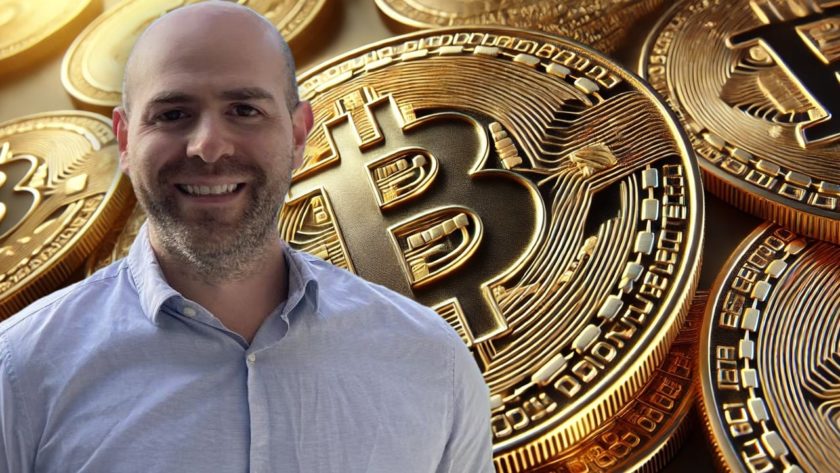There was a time, not too long ago, where our identities existed solely offline. Over the past 20 years, though, this has fundamentally shifted as a result of technological advances like the internet. Many people born today may find themselves defined entirely by their online identities. Their time, relationships, habits, the work they do, the things they own and their relationships with other people are steadily becoming more digital.
One of the reasons a lot of technologists who are thinking about digital identities are drawn to crypto, and specifically why I wanted to join Coinbase, is because blockchains can offer new answers to the question: how can technology empower individuals to have control of their identities and feel safe while experiencing and accomplishing more online?
With its introduction to the world, Bitcoin ushered in a new way to prove that you own something — using a blockchain — and created the first digital objects that can’t be copied. When you download music or read a news article, the publishers don’t lose their copy, and when you send an email, a copy stays in the “Sent” folder of your mailbox. The magic of bitcoin is that when you send one, you can’t keep it too. That obviously changes what it means to own things on the internet (“my bitcoins” feels really different than “my iTunes songs”), but it also gives us a peek into the other ways that identity is going to transform over the next few years.
Think about how this applies to something like a Social Security number. Every time you want to prove who you are with your SSN, you need to give away a copy of it. That copy has exactly the same power as the original, so when there’s a data breach with copies of your data it puts your identity at risk. A decentralized identity will let you prove that you own an identity, or that you have a relationship with the Social Security Administration, without making a copy of that identity. If you stretch your imagination a little further, you can imagine this applying to your photos, social media posts, and maybe one day your passport too.
As we continue our work to bring cryptocurrency into the mainstream and help create an open financial system, it’s important that we continue to find new and innovative ways of validating and verifying identity. Blockchain technology that powers cryptocurrencies offers a new way to let us all be “verified” everywhere we go on the internet, feeling safer about our interactions with others and opening the door to the experiences that require trust. We’ll need to be deliberate about how and where we apply this technology. We’re going to have new questions to answer about anonymity, privacy, and how permanent the different pieces of our identity should be. But ultimately, decentralizing online identities will transform our relationship with technology.
I’m pleased to announce the Distributed Systems team is joining Coinbase to help us work on this opportunity. Distributed Systems is an incredibly thoughtful team that has been working on decentralized identity solutions. With their work on the Clear Protocol and GraphQL, Nikhil, Alex, and the rest of the team have gotten their hands dirty in the technical detail of using blockchains to improve how identities mesh with digital products. We believe decentralized identity systems represent a transformative shift in our relationship with technology, and we can’t wait to work on these opportunities together at Coinbase.
I look forward to sharing more about the way we’re thinking about blockchain and identity in the future. But first: welcome Distributed Systems!




